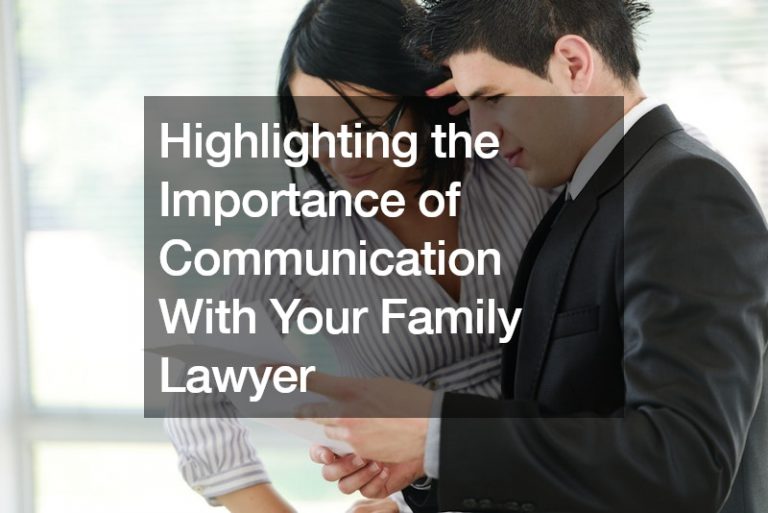When couples with children divorce in Colorado, the most emotionally charged issue is usually child custody. Sadly, to add to the stress and heightened emotions of divorcing couples, they often receive false information from relatives, friends, or colleagues. Don’t be like them and learn some of the most common child custody myths in the state. Get your facts straight here:
Courts Always Favor Mothers
While this has been true in the previous decades, especially in cases where the child I underage, the majority of states these days — including Colorado — would prioritize the best interests of the child when determining child custody orders.
Parents with Issues Will Never Get Custody Rights
Mental illnesses, substance abuse Issues, criminal convictions, and past domestic violence issues may seem like valid reasons not to give custody, but that’s not true. Those who have struggled in the past or are struggling with these issues could still be awarded supervised visitation rights, especially if they’re taking steps to address their issues and getting proper treatment.
Children Can Choose to Live with their Parent of Choice

Courts in Colorado will retain jurisdiction over child custody matters until the child reaches 18 years of age. However, renowned child custody attorneys in Colorado Springs explain that courts may consider the wishes of a child who exhibits a certain maturity, but are not under any obligation to make custody orders. You Could Deny Visitation If Your Ex-Spouse Doesn’t or Stops Sending Child Support Payments
Many issues could result in your ex-spouse losing visitation rights, but failing to send support payments isn’t one of them. Child visitation and child support are two entirely different matters as the law is concerned.
You Could Modify the Child Custody Order
Take note that your child custody order is a legal and binding document that could only be modified by the court.
You’re Free to Relocate to Another State without Telling Your Ex-Spouse
If the court grants you physical custody of your child, you would need to file a notice with the court and inform your ex-spouse of your wishes to relocate. The court would then schedule a hearing to establish if relocation would be in your child’s best interests.
Child custody matters are more often than not complicated for everyone involved, but you could learn your rights and try to at least work with your ex-spouse if possible. Do not hesitate to consult a family attorney to help reduce potential conflict and make things a bit easier on you, and most importantly, your child.











